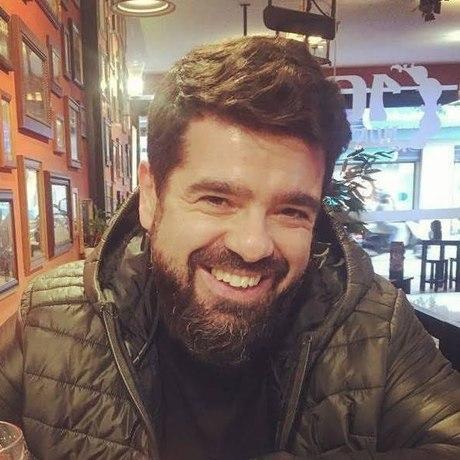Transient
- 0 Collaborators
H.P. Lovecraft meets Cyberpunk. Delve deep into a dystopian world and investigate what is happening to you and your friends in a domed city. Solve puzzles, hack systems, and plug in to explore other dimensions. Discover a truth that might tear apart your sanity and question your very existence. ...learn more
Project status: Published/In Market
Overview / Usage
Project Description: Transient is a modern adventure game that mixes Hp Lovecraft's works with a cyberpunk setting. In the distant, post-apocalyptic future, what is left of the population of mankind lives in an enclosed citadel called Domed City Providence, created to survive the harsh outside environment. In this, mankind's final refuge, Randolph Carter, a member of a notorious hacker-for-hire group called ODIN, accidentally stumbles across the terrifying truth, a truth that might tear apart his own sanity and question his very existence.
Methodology / Approach
I am Onur Şamlı, Creative Director and Co-founder of Stormling Studios (formerly known as Zoetrope Interactive) which is a small indie developer consisting of 3 people: Galip Kartoğlu, Oral Şamlı, and myself.
In Transient, with the limited work power we have, we always try to sketch out our ideas first on the paper; whether it is a character, a creature, or an environment. This way, we can see the grand picture and anticipate any problems we could have while developing. When we agreed on a design, we start working on it.
With the help of cutting-edge tools and procedural workflows available to us with Unreal Engine 4, it is easier to get beautiful results even faster. We use the blueprint system of Unreal Engine to iterate on ideas and try many possibilities for a certain situation. And on the graphics side of things, we mostly use procedural materials and old school atlases. The procedural material workflow also aids us in preparing assets with good quality and variety by changing the parameters of the procedural materials.
Technologies Used
Transient was developed by using these software tools: Blender, Substance Painter, iZotope RX7, Soundforge, Unreal Engine 4














